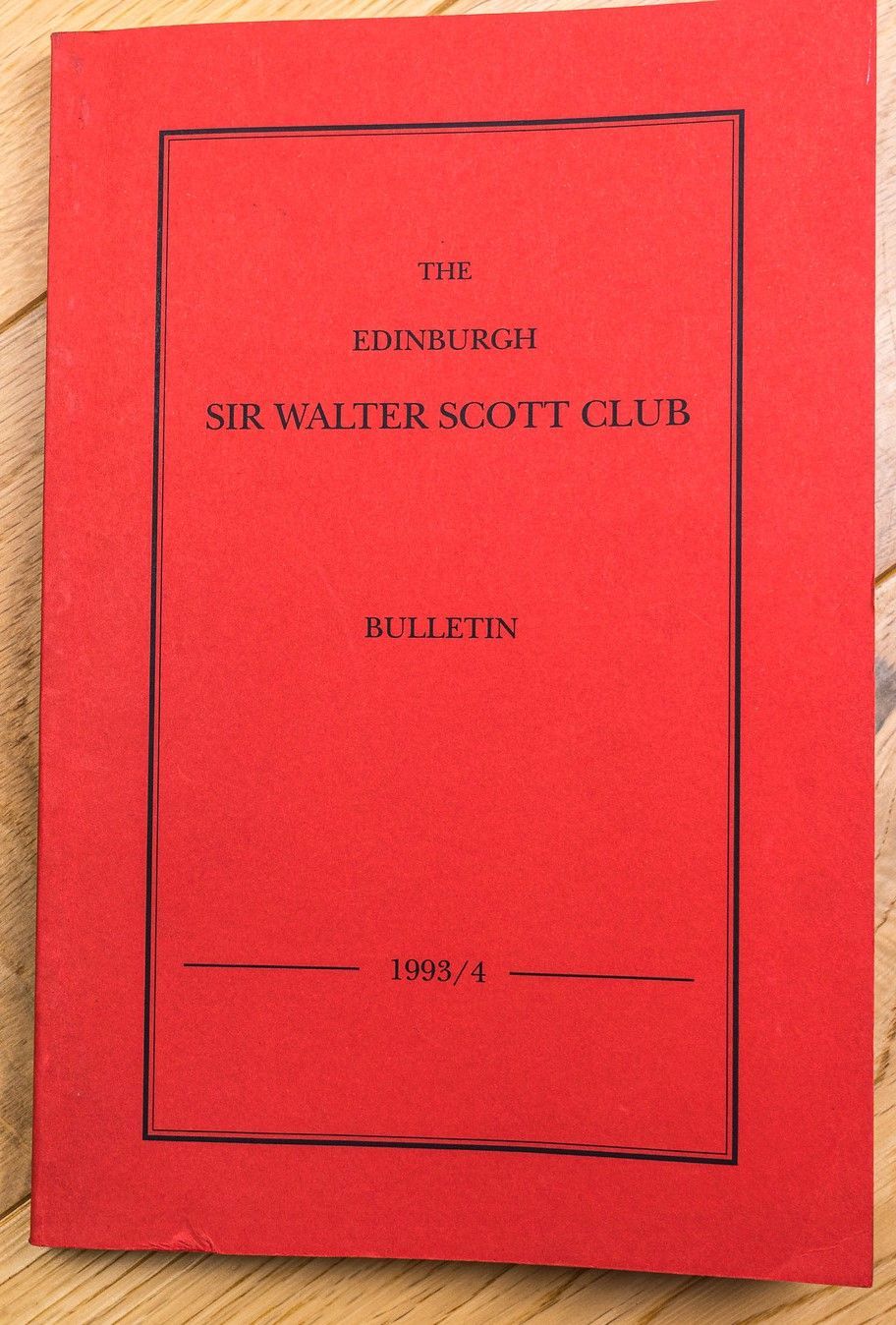The Ettrick Shepherd in Court: Cunningham vs Hogg 1821
Article from 1994 Bulletin
Summary of the Article:
The article examines a legal case from 1821 involving the Scottish writer and poet James Hogg, better known as The Ettrick Shepherd, who was sued by a creditor, Walter Cunningham, over an unpaid debt from a sheep-grazing agreement dating back to 1807.
Hogg had agreed to graze 139 sheep for Cunningham, with payment terms depending on whether the sheep were sold or returned. Fifty-five were returned, and Cunningham claimed Hogg owed him £35.17s.6d, including a £21 loan. Hogg had paid £21 in 1814, then claimed in court that this was in full settlement of a smaller debt of “about £7.13s”. He also claimed memory loss regarding the contract.
Ironically, Sir Walter Scott, Hogg’s friend and literary benefactor, was the presiding sheriff in the case. Despite their friendship, Scott did not recuse himself and found in favour of Cunningham. Hogg’s defence was considered weak and inconsistent, relying on arguments like amnesia and an alleged prior settlement. The court found these unconvincing and ruled that Hogg owed the outstanding sum plus expenses.
Interesting Points
- Literary Autobiography vs Legal Amnesia:
The case is a fascinating collision of literary self-fashioning and legal accountability. Hogg, who wrote in detail about his life in his Memoirs and poetry, suddenly claimed selective amnesia in court—an irony not lost on Cunningham, who used Hogg’s own writings against him. - Scott as Judge and Friend:
Walter Scott’s dual role adds a compelling twist. He had championed Hogg’s career and tried to support his farming ventures but still upheld the law impartially. Hogg later described Scott as “a just judge,” indicating no hard feelings. - Cultural Snapshot of Early 19th-century Scotland:
The article illuminates rural Scottish life, legal practice, and economic hardship in the early 1800s. Hogg’s failed attempt at becoming a prosperous farmer mirrors the struggles of many during a volatile economic period. - The Role of "Noctes Ambrosianae":
From 1822, Hogg was portrayed in Blackwood’s Edinburgh Magazine as a boorish comic figure in the "Noctes Ambrosianae" columns. This caricature clashed with the real Hogg, who tried to shape a more dignified, Burnsian image of the "educated peasant." - Financial Troubles Persisted:
After the 1821 ruling, Hogg continued to struggle. He lost over £2,000 on the Mount Benger farm venture and was again subject to legal action, even from the Duke of Buccleuch, despite repeated interventions by Scott. - Hogg’s Literary Legacy:
Despite his financial failures, Hogg’s The Confessions of a Justified Sinner (1824) became a Scottish literary classic—though only recognised as such after its reissue in the 1940s.
Download the [transcript] or read the [bulletin]

Download the [transcript] or read the [bulletin]


